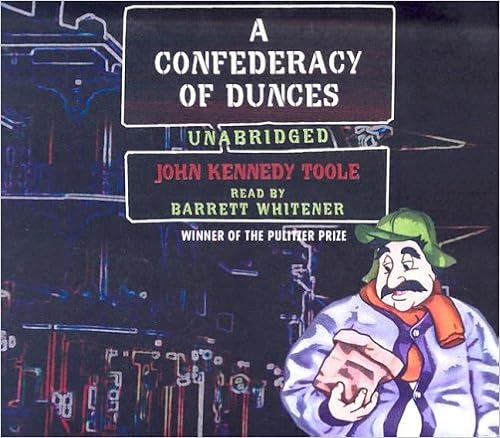
Description
From Publishers Weekly Written by the late Toole at age 16, this novel on its surface has little in common with his Pulitzer Prize-winning A Confederacy of Dunces . Whereas Dunces is, in Walker Percy's words, "a great rumbling farce of Falstaffian dimensions" satirizing modern society via a cast of grotesque New Orleans characters, the early novel is a lyrical attempt at realism in which social criticism is implied but not stated. Growing up in a small town in rural Mississippi, David gradually learns the painful lessons of religious, racial, social and sexual bigotry, and comes to perceive the need to defend himself, a reluctant outsider, from people; in Dunces , Ignatius Reilly, who rallies around the cause of social isolation and misanthropy, has long practiced a vigorous campaign against the evils of society. One novel chronicles an awakening, the other an uproarious and bizarre plan of action. Though interesting to read as a naive effort by a writer who later far surpassed it, The Neon Bible is a compendium of authorial first steps and missteps, from awkwardly obvious moralizing to mawkishness and improbable melodrama. Copyright 1989 Reed Business Information, Inc. From Library Journal This youthful novel was the only substantial writing left by Toole, who won a posthumous Pulitzer Prize in 1981 for his modern comic classic, A Confederacy of Dunces (he killed himself in 1969). Court action has finally cleared the way for publication of the present work, written when Toole was just 16 and left in pieces to his heirs. While far from the masterpiece Toole would write later in his life, this story of a poor boy growing up in a small, claustrophobic, closed-minded Southern town in the 1940s, is an astonishing accomplishment for an adolescent. Narrator David lives with his mother, who is never fully herself after his father dies in World War II, and his gaudy Aunt Mae, a bleached-blonde roadhouse singer in her 60s. The story is familiar and believable, a tantalizing reminder of the talent that has been lost. It deserves a wide audience. - Ann H. Fisher, Radford P.L., Va. Copyright 1989 Reed Business Information, Inc.
Features & Highlights
- David's father goes off to war, leaving David and his mother to fight poverty and shame on their own in a small Southern town





